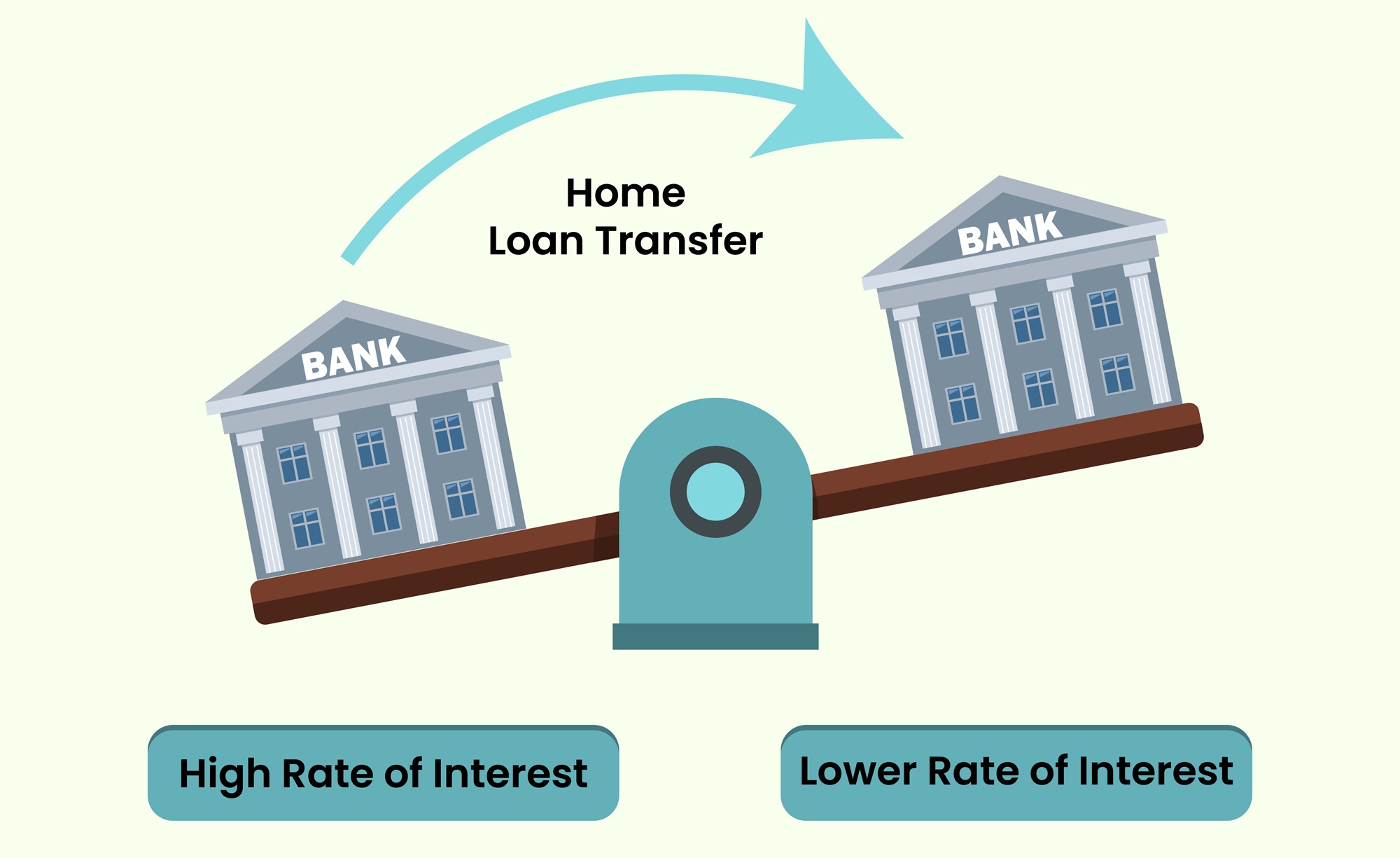Housing costs often consume a significant portion of our budgets, making it crucial to explore effective strategies for reducing these expenses. Whether you’re renting or owning a home, implementing the right tactics can lead to substantial savings. In this article, we’ll discuss five proven strategies to help you reduce your housing costs and keep more money in your pocket.

1. Refinance Your Mortgage
If you own a home, refinancing your mortgage can be one of the most effective ways to lower your monthly payments. Here’s how to approach it:
1.1 Understand the Basics of Refinancing
Refinancing involves replacing your existing mortgage with a new one, often with a lower interest rate. This can reduce your monthly payment and the total interest paid over the life of the loan.
1.2 Determine If It’s the Right Time
Before refinancing, assess current mortgage rates compared to your existing rate. A rule of thumb is to consider refinancing if you can lower your rate by at least 0.5% to 1%. Use online calculators to estimate potential savings.
1.3 Consider Loan Terms
When refinancing, you may have the option to change the term of your loan. A shorter term can increase monthly payments but reduce total interest. Conversely, extending your loan term can lower monthly payments but may result in paying more interest over time.
1.4 Shop Around for Lenders
Different lenders offer varying rates and fees. Obtain quotes from multiple lenders and ask about closing costs to find the most cost-effective option.
2. Negotiate Rent
Renting a home or apartment can be costly, but negotiating your rent can yield significant savings. Here’s how to approach it:
2.1 Do Your Research
Understand the rental market in your area. Look at comparable properties to see if your current rent is in line with market rates. Websites like Zillow or Rent.com can provide insights.
2.2 Build a Case for Negotiation
If your rent is above market rates, prepare to present your findings to your landlord. Highlight your positive qualities as a tenant—such as timely payments and good upkeep of the property.
2.3 Propose a Reasonable Adjustment
When negotiating, propose a specific amount or percentage decrease rather than a vague request. You might also suggest a longer lease term in exchange for a lower monthly rate.
2.4 Be Prepared to Compromise
If your landlord is unwilling to lower the rent, consider negotiating other factors, such as including utilities in your rent or getting repairs done at no cost.
3. Reduce Utility Costs
Utility bills can quickly add up, but there are many ways to reduce these costs effectively:
3.1 Conduct an Energy Audit
Performing a home energy audit can help identify areas where you can save energy. This includes checking insulation, sealing drafts, and inspecting heating and cooling systems.
3.2 Implement Energy-Efficient Practices
- Switch to LED Bulbs: Replace incandescent bulbs with energy-efficient LED bulbs.
- Unplug Devices: Disconnect electronics when not in use to avoid phantom energy costs.
- Use Smart Thermostats: Smart thermostats can optimize your heating and cooling schedules, reducing energy consumption.
3.3 Compare Utility Providers
If your area allows it, compare utility providers to find the most competitive rates. Some providers offer discounts for signing up online or bundling services.
3.4 Consider Solar Panels
If feasible, investing in solar panels can lead to significant savings on electricity bills over time. Many governments offer incentives for solar installations, making it a more attractive option.
4. Utilize Tax Benefits
Homeownership comes with various tax benefits that can help reduce your overall housing costs. Here’s how to make the most of them:
4.1 Mortgage Interest Deduction
In many regions, homeowners can deduct mortgage interest from their taxable income. This can significantly reduce your tax burden, especially in the early years of a mortgage when interest payments are highest.
4.2 Property Tax Deductions
Check if your property taxes can be deducted from your income tax. Many homeowners can deduct property taxes, which can result in substantial savings.
4.3 Energy Efficiency Tax Credits
If you make energy-efficient upgrades to your home, you may qualify for tax credits. Research available credits and keep receipts and documentation to claim these benefits.
4.4 Keep Up with Tax Law Changes
Tax laws can change frequently, so stay informed about any updates that might affect your deductions. Consulting a tax professional can ensure you maximize your savings.
5. Consider Downsizing or Relocating
If your housing costs are still too high after trying other strategies, it may be time to consider downsizing or relocating:
5.1 Evaluate Your Space Needs
Assess whether you truly need all the space you currently occupy. Downsizing to a smaller home or apartment can significantly reduce both mortgage or rent payments and utility costs.
5.2 Research Lower-Cost Areas
If your job allows for remote work or flexible hours, consider relocating to areas with a lower cost of living. Even a short move to a neighboring town can lead to significant savings in housing costs.
5.3 Sell Unused Items
Before moving, declutter and sell items you no longer need. This not only reduces moving costs but can also provide extra cash for your new housing arrangement.
5.4 Explore Alternative Housing Options
Consider alternative housing arrangements, such as co-housing, renting a room in a shared house, or even tiny homes. These options can lead to lower housing costs while fostering community.
Conclusion
Reducing housing costs requires a combination of strategic planning and proactive measures. By refinancing your mortgage, negotiating rent, cutting utility expenses, utilizing tax benefits, and considering downsizing or relocating, you can significantly lower your housing expenses and enhance your financial situation. Implementing these strategies can lead to substantial savings, allowing you to allocate more of your income toward savings, investments, or other essential areas of your life. Start today and take control of your housing costs for a brighter financial future!








